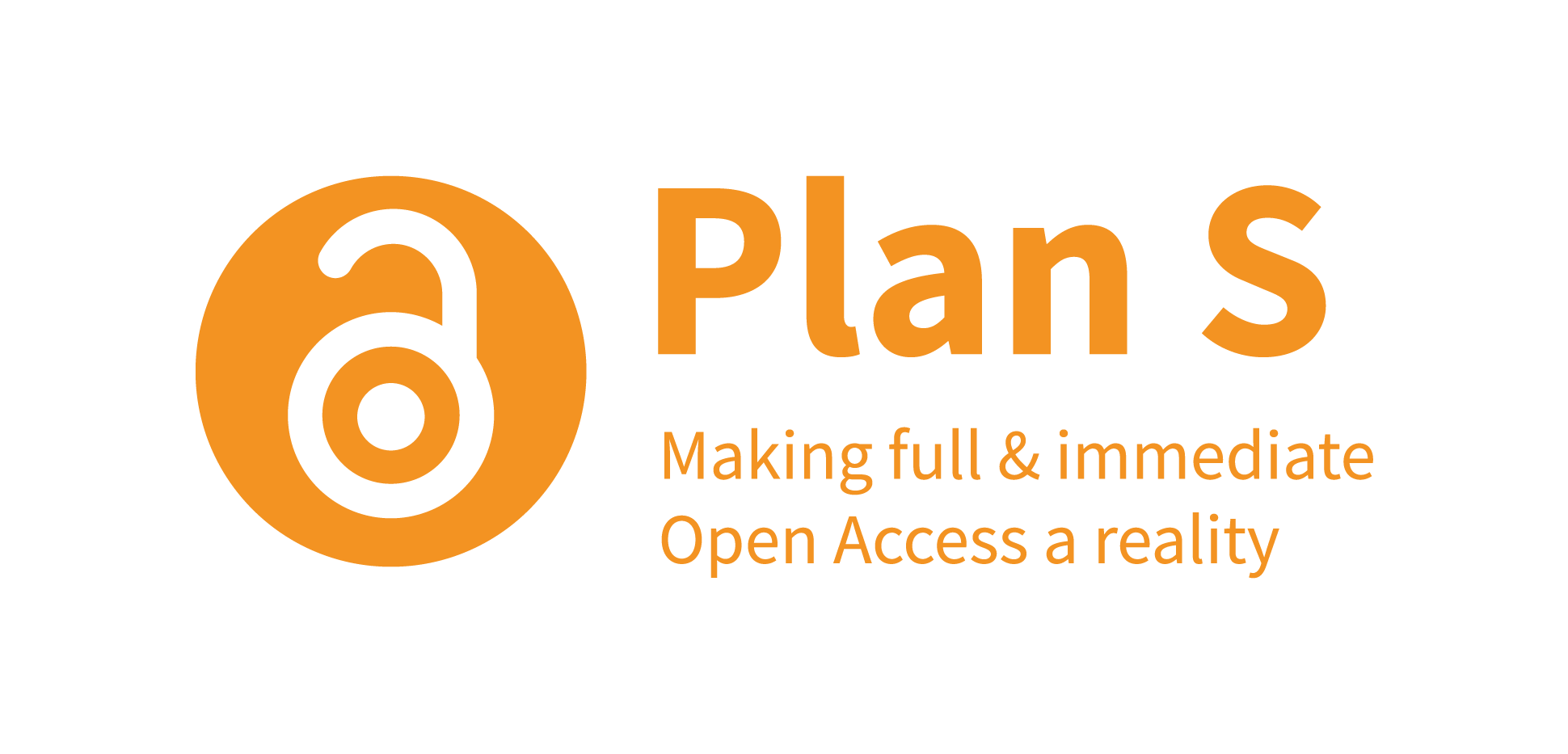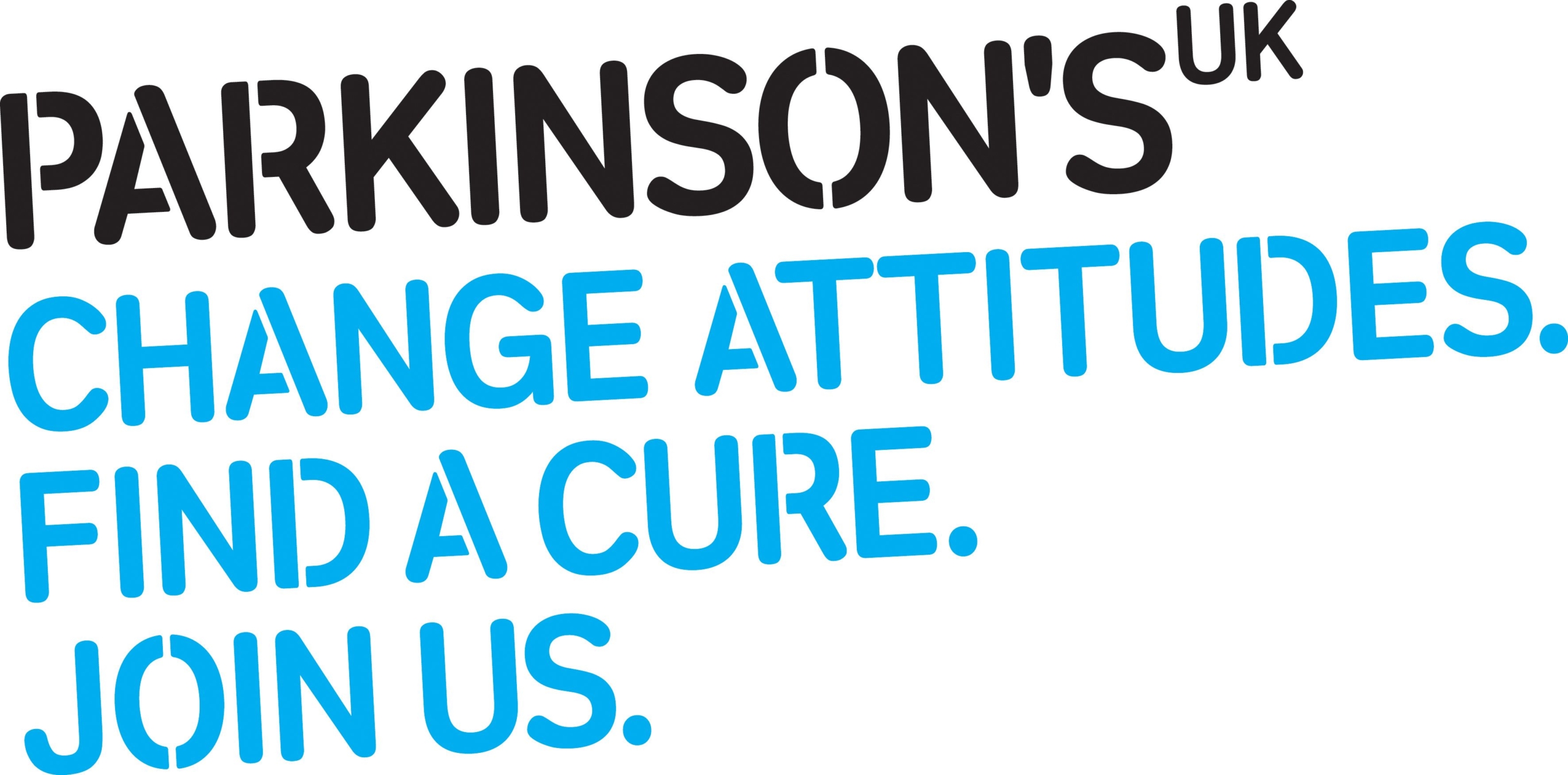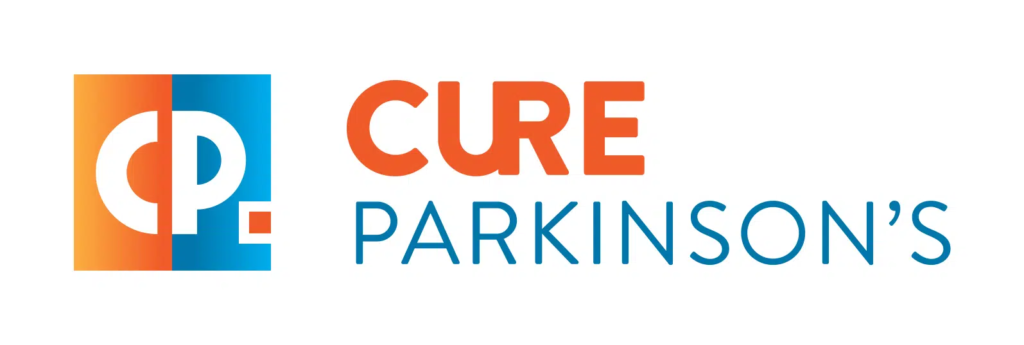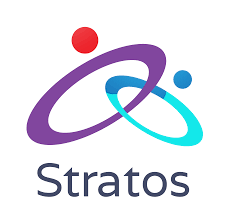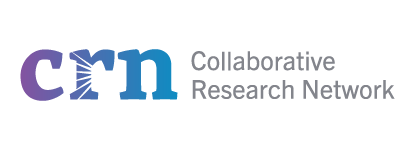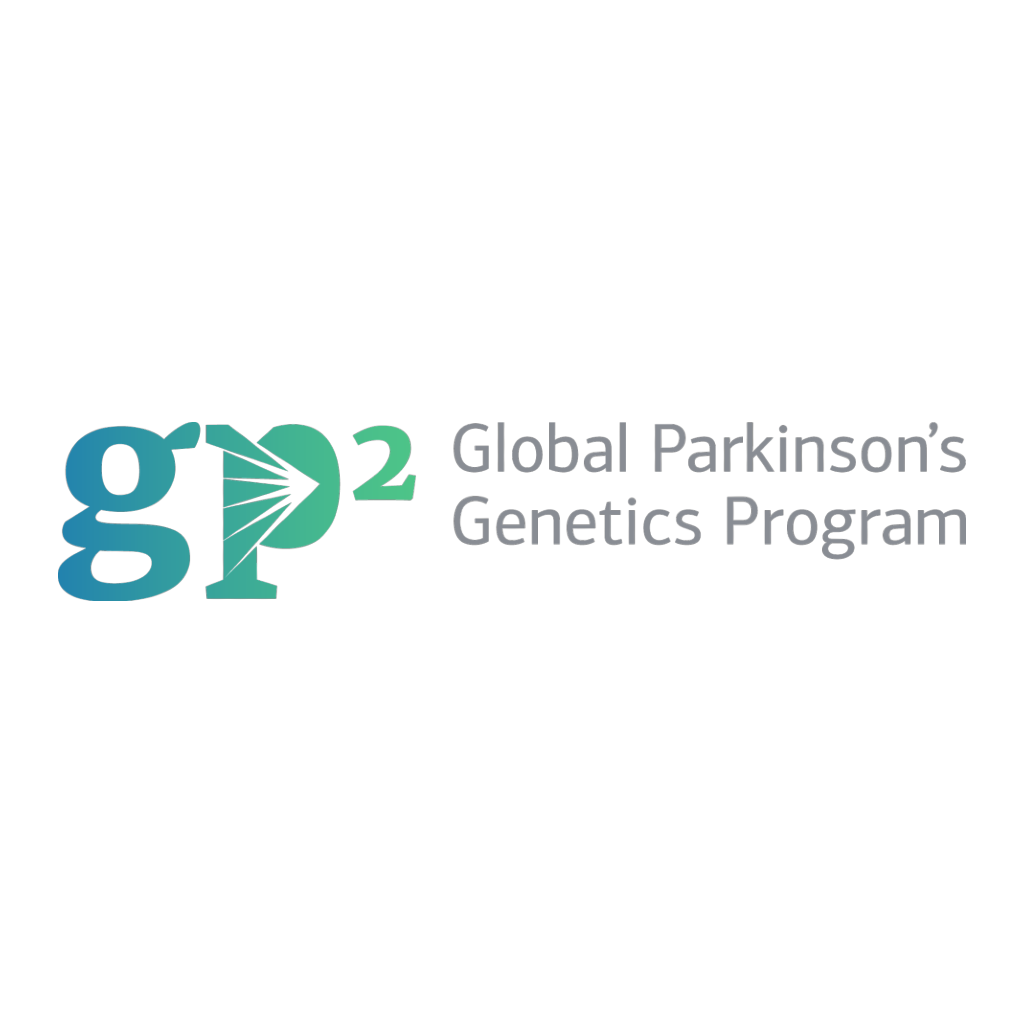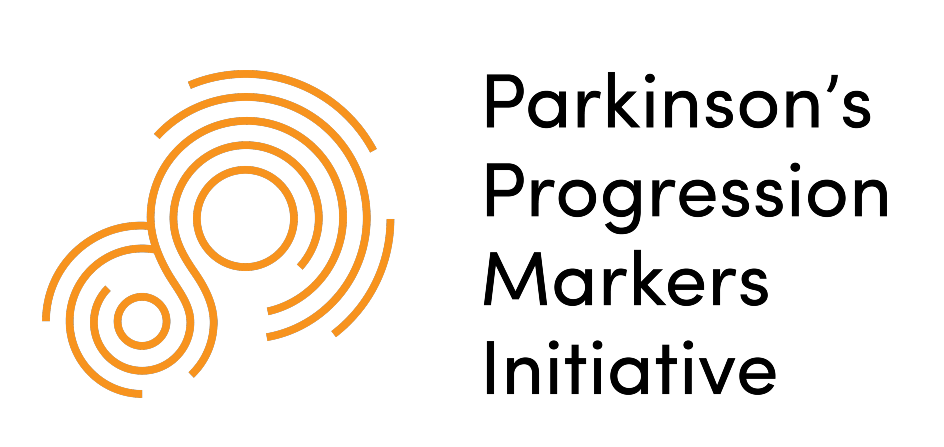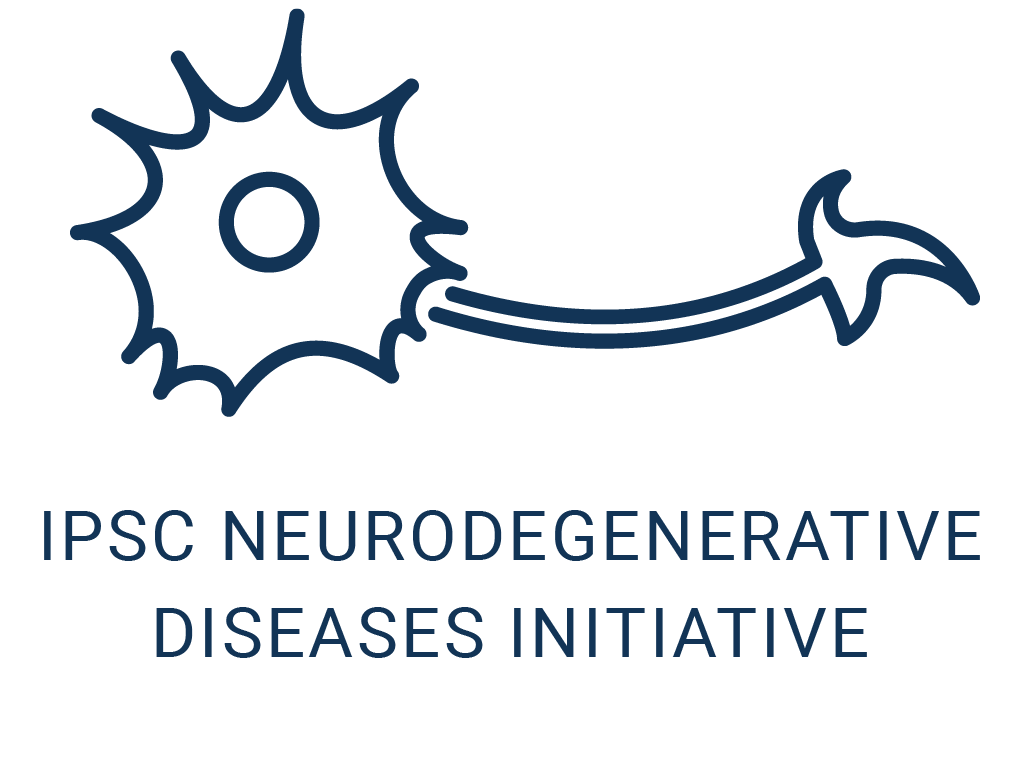For too long, people with Parkinson’s disease have suffered without a meaningful therapy to treat its underlying cause.
With rapid advances in areas like genomics, single-cell technologies, and data analytics, we’re at a tipping point to better understand this devastating disease – but we can’t do it alone.
Aligning Science Across Parkinson’s (ASAP) builds on the significant strides made by the research community, funders, other experts, and strategists around the world. With input across sectors and disciplines, we are implementing a strategic roadmap to collectively tackle field-wide challenges together.
ASAP’s mission is to accelerate the pace of discovery and inform the path to a cure for Parkinson’s disease (PD) through collaboration, research-enabling resources, and data sharing.
ASAP Theory of Change
At ASAP, we apply a Theory of Change framework, which allows us to cohesively and comprehensively measure progress – from idea to result – in the context of our overarching vision. Further, it enables us to reflect upon and iterate processes as we measure our progress to date. Our work is broken down into the three main components of our mission: collaboration, resource generation, and data sharing, which underpin our strategies for accelerating discoveries for PD.
SUPPORT COLLABORATION
Scientific progress can be accelerated when researchers exchange ideas early and often, in a collaborative rather than competitive manner.
GENERATE RESOURCES
By supporting resource development, we are building an infrastructure, available to the larger scientific community, that improves access to research tools, reproducibility of studies, and process efficiency to accelerate discoveries.
SHARE DATA
By sharing research outputs like data, code, and protocols, we are allowing researchers to build upon the work of others. This facilitates collaboration among investigators, attracts new talent and expertise to the field, and allows us to increase the power of our studies through meta-analysis.
ACCELERATE DISCOVERIES
We believe that by supporting collaboration, facilitating research, enabling resource generation, and creating a culture of data sharing, we can deliver faster and better outcomes for Parkinson’s disease research.
Programmatic Objectives
Across our programs, we are driven by the following objectives:
- Funnel new ideas into the PD research and development pipeline
- Facilitate the rapid and free exchange of ideas
- Ensure the work we fund can be leveraged by others
- Contribute to the next generation of PD researchers
Scientific Themes
We currently focus on the following key areas:
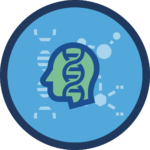
PD Functional Genomics
The effect of genetic alterations on disease biology
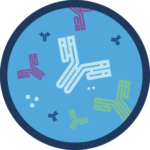
Neuro-Immune Interactions
The molecular and cellular contributions of the neuro-immune system
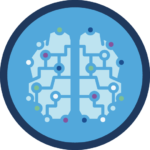
Circuitry and Brain-Body Interactions
The underlying neuronal circuit dynamics and interface with the periphery

Progression: A Cross-Cutting Theme
The role of heredity, neuro-immune factors, and circuit-level alterations on disease progression
Guiding Principles
ASAP is guided by the belief that research outcomes will be improved through the following principles:
Collaboration
Given the multifactorial nature of Parkinson’s disease, charting a new path will require multidisciplinary cooperation from investigators with and without a previous record of PD research.
Creativity
Philanthropic capital has the most impact in areas that are deemed unpopular, high-risk, or out-of-scope for government funding, requiring creative and thoughtful consideration of research.
Flexibility
As roadmap goals are implemented, we will be responsive to the evolving nature of research and adjust focus as deemed appropriate.
Transparency
To accelerate research, we’ll support the free flow of data and resources within our collaborative network and make findings available to the broader community.
The Road to ASAP
Starting in 2017, we engaged more than 100 multidisciplinary experts and strategists to inform ASAP’s strategic roadmap and thoughtfully guide future investments in Parkinson’s disease scientific discovery.
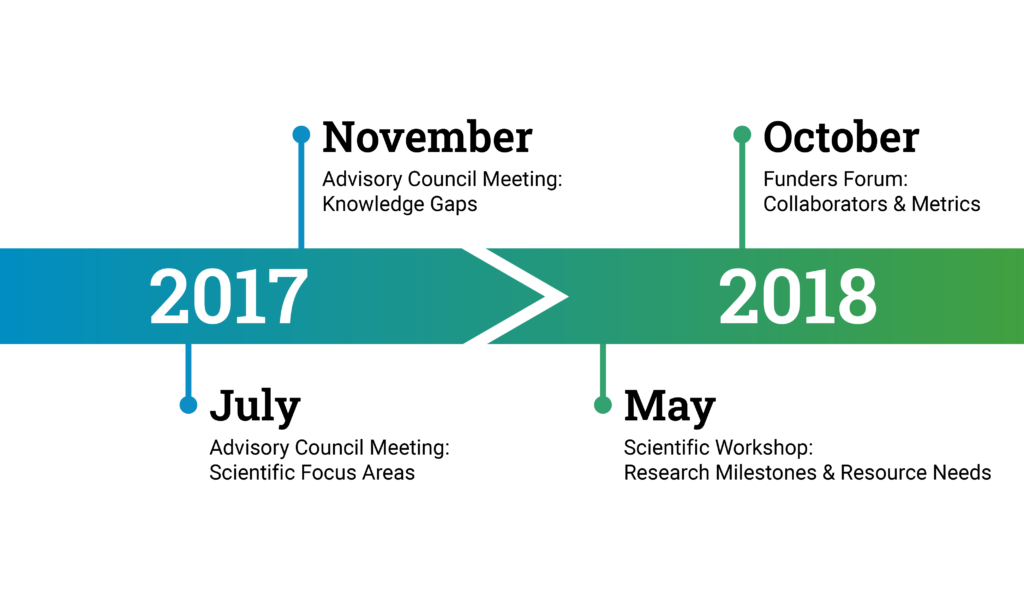
Funded Programs
ASAP collaborates with organizations and supports programs to help implement our vision. Together, our collective commitment to better understand the underlying causes of PD will allow us to accelerate discoveries and inform the path to a cure.
Our Management Organization
Coalition for Aligning Science, an organization with a track-record for designing and implementing large-scale biomedical research programs to accelerate discoveries, serves as the managing entity, setting the strategy and vision for the ASAP initiative.
Our Implementation Partner
The Michael J. Fox Foundation for Parkinson’s Research, a nonprofit, with a track record for operational excellence and commitment to accelerating the next generation of Parkinson’s disease treatments, serves as the implementation partner.

